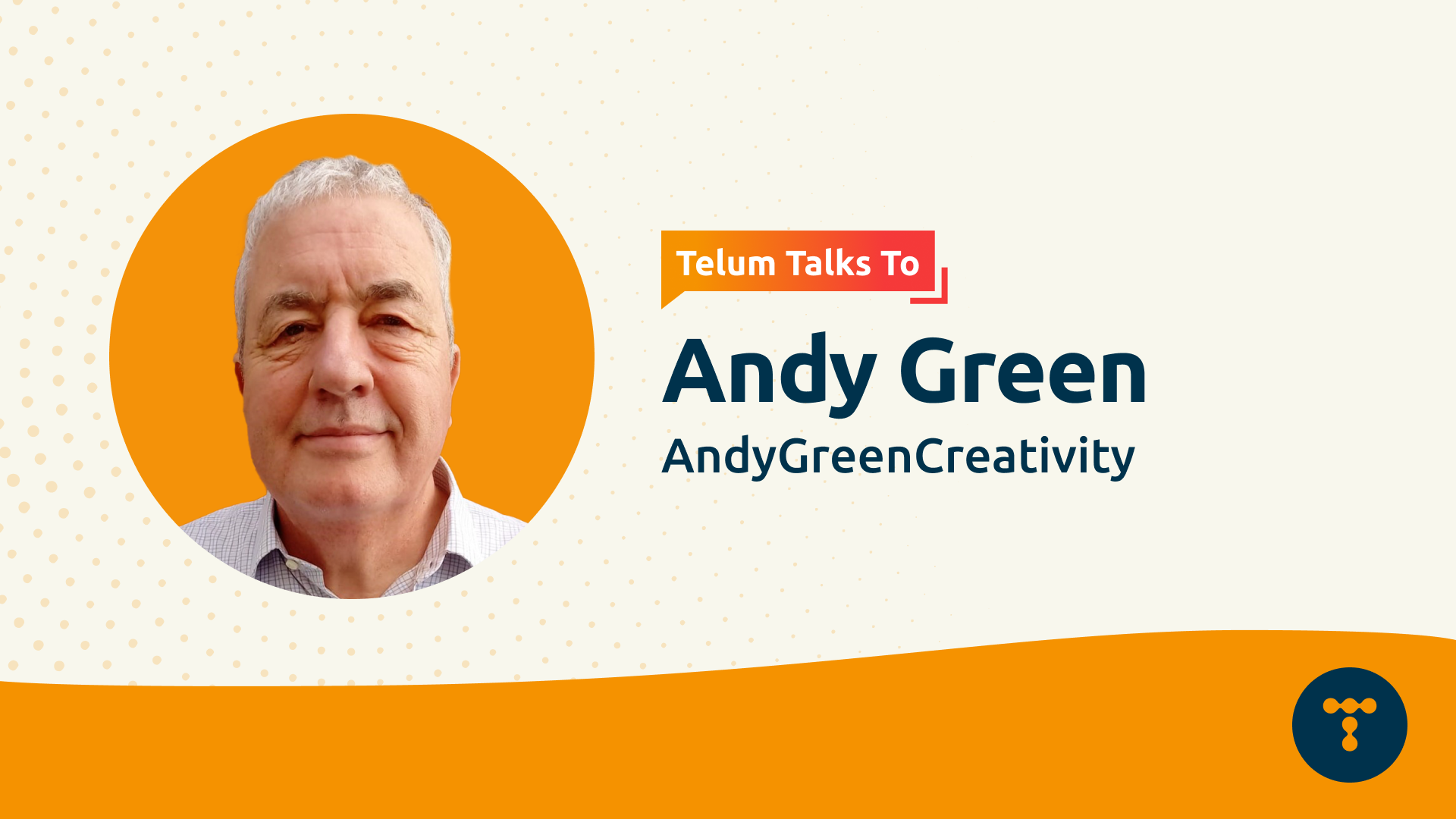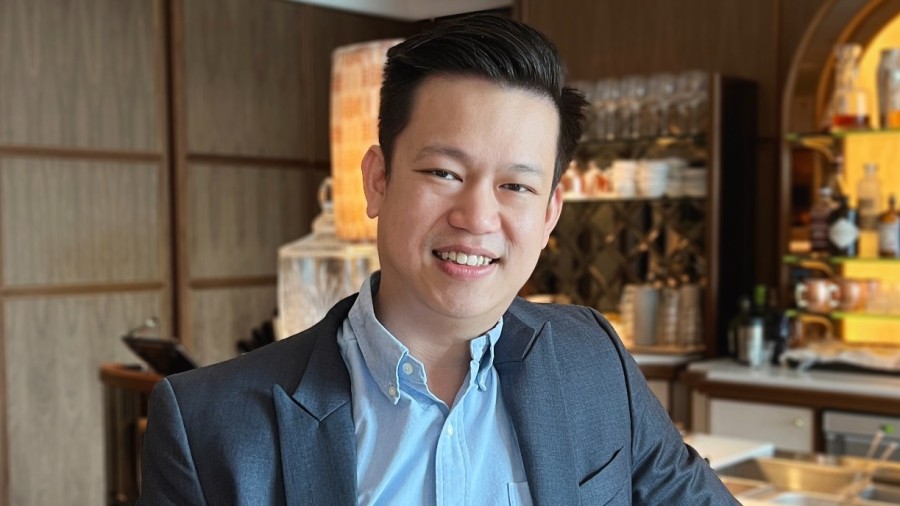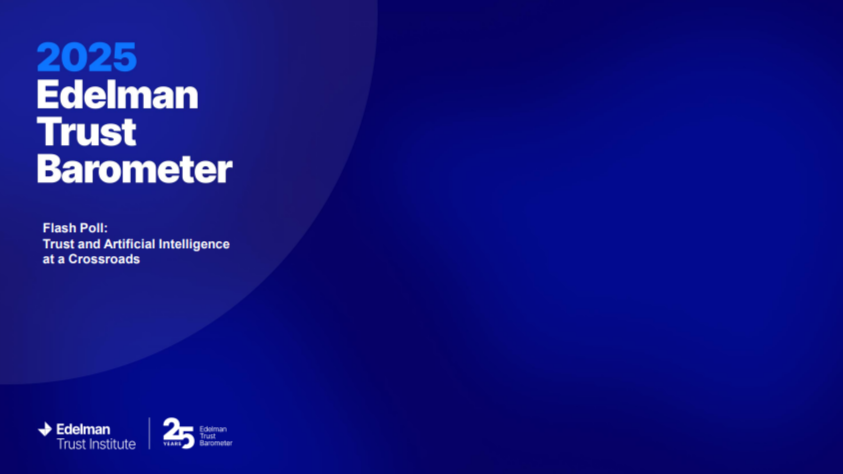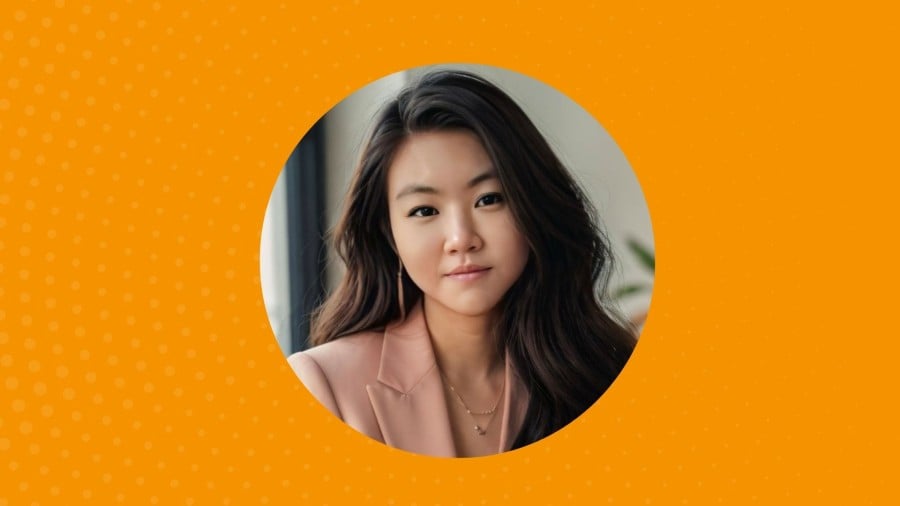Andy Green is a multi-award-winning UK-based PR practitioner who has worked for major brands around the world. He is the Founder of AndyGreenCreativity and has written seven books on creativity and brand communications. He is also a Co-founder of Grow Social Capital and the Dublin Conversations. Telum Media caught up with Andy in Australia, where he had just run a mobile creativity workshop in Melbourne for the IABC called "Tramspiration".
Andy, I wanted to talk about creativity in PR. I was wondering how the move to hybrid working post COVID has affected the creative process. Does it have a big impact on how creative we can be?
It's a mixed blessing in that it encourages people to work independently and from different locations, while also bringing people together. That combination of solo and group working can have a positive dynamic.
The danger I'm really worried about is around age. You learn in the workplace essentially by earwigging - by watching people in action - and you get inspiration. I do worry that there's a generation now with less exposure to good role models, mentors, and just incidental learning.
There's a push to get people back into the office, partly driven by office space costs, but supported by that idea of learning by osmosis from people around you.
Yes, but even then, there's a lot of variety at home. This is an interesting dimension of one of my passions: how your journey to work is perhaps one of the richest parts of the daily schedule for inspiration and stimulus, because you get the most unexpected interventions, masses of stimuli.
The challenge we have, however, is that the majority almost choose to stare at their screen or stare inwardly, be alone with their mind and their thoughts, rather than be energised and engaged with the tremendous opportunity that the journey presents, whether it's a tube, a tram, even in the car.
Let's talk about that journey. You've been over here in Australia running a course called “Tramspiration” - on a tram for a couple of hours to talk about creativity. What's the idea behind it?
The essence of the creative process is essentially framing, so the journey of 100 miles begins with a question.
The more flexible and dynamic you can be in your question framing, the more potentially successful you can be in terms of generating different novel, unusual, creative output.
So really what we do with the "Tramspiration" sessions, or "Tubespiration" when we run them in London, is to get people to identify and work a challenge, and then, through a series of prompts, get them to refine their challenge.
Our first task will be to identify the level of complexity. And the London Underground can work as a metaphor here - Zone 1 problems are very simple, a neat beginning, middle and end. You may just be looking to answer one question.
Zone 6 might involve a couple of lines, a couple of changes, but still potentially doable, so you're looking at a bank of questions. Zone 10 is, well, "off the map" - chaotic - a series of anchor questions, a bank of questions, seeds of doubt, and a range of prompts.
The idea then is to use the journey and every single prompt, whether it's the physical journey, the different adverts, or the stimuli.
We had one journey where we succeeded in losing one of our group of eight during the trek from the meeting room to the tube stop. That was used as a positive stimulus to say, "what's the comparison in your situation?", which we would never have necessarily come up with as a potential seed or a provocation. And so it's really about the journey: you get 1001 similarly unexpected things happening, which you don't get while sitting at your desk.
I'm also passionate about what I call incubation, where you sleep on an idea and be creatively mindful.
So it's essentially about posing the question, being alert to stimuli, and then also switching off and letting it grow unconsciously before it emerges with blinding clarity.
There has been a lot of focus and discussion on the place of AI in our profession, looking at how it can impact and improve workflows and team dynamics. Is it a help, a hindrance, a threat, or just another tool that we need to understand and master?
It's every single one of those dimensions. It's a great help and I think the more masterful you are at the art and craft of creativity, the better you can exploit its potential.
I liken AI to having the most resourceful, intelligent team of interns at your disposal. But they
are interns.
At the other end of the spectrum, it's going to introduce lazy creativity, lazy work. You're going to get a lot more "crud" as easily available options that could pass off as "amenable", the lowest quality threshold.
The middle ground is going to be the big loser, where people can do things faster, quicker and cheaper through AI, and you're not realising the full potential of the master craftsperson.
Is there a risk that we invest so much time in implementing and integrating these tools into our creative process, and then the whole thing grinds to a halt because the courts and regulators clamp down to protect people's original creative output?
Yes and no. It's a bit like when you're lost in a strange city and you rely on Google Maps, and that reliance then sort of negates the need for you to get any bearings and understand or grasp the context or situation, so you can be completely left high and dry when your phone dies.
On the other hand, I'm a great believer that stuff-ups are a great avenue for creative or disruptive thinking.
There does need to be an emphasis on investing in and enhancing these tools.
The other end of the spectrum, what I call social capital comms, is where you're just talking with people, engaging with people, listening to people and drawing appreciative inquiry, drawing a positive from any encounter. I think that'd be a richer yield area, because the really successful people are the ones who have access to wider answers, compared to those who just sort of stick to the core, the mainstream and the obvious.
The concept of purpose and sustainability is very rapidly moving away from a tick-box corporate reporting thing, and the creative process is being brought to bear on it in a big way, as companies realise they have to embrace it, talk about it, and do something about it. How important is creativity in understanding your purpose as an organisation and communicating that authentically?
Creativity is a dimension of one's purpose, so you have a lot of fulfilment through what we call creative purpose, and it's partly fuelled this trend because of the move to convergent media and multi-channel stories - you had to move away from tactical stories to much more strategic stories.
Now, in an age of greater scepticism and lack of trust, you've really got to dig down deep on authenticity, and one of the most powerful authentic tools is not to say "trust me", but to demonstrate with a story how you can trust me. That builds the bridges, creates the avenues for confidence in the relationship and trust, and a future sustainable relationship.

Feature
Telum Talks To: Andy Green, Founder of AndyGreenCreativity
by Telum Media
6 April 2025 4:00 PM
7 mins read
Telum Media creating connections
Get in touch to learn more
You might also enjoy
Moves
Aaron Tan has joined FleishmanHillard as Auto Practice Lead and Account Director, bringing experience across branding, communications, marketing and digital strategy.
Based in Singapore, he has accumulated more than 15 years of experience, having previously held senior roles at agencies including The Ate Group and W Communications.
31 December 2025 2:49 AM
1 min read
Research
In 2025, artificial intelligence sits at the centre of growing global divides. Across economies and generations, engagement with AI is revealing widening gaps in trust, understanding, and opportunity.
Chinese AI trust landscape
The 2025 Edelman Trust Barometer Flash Poll: Trust and Artificial Intelligence at a Crossroads reveals that respondents in Mainland China demonstrates high trust in AI compared to developed markets, including the US, UK, Brazil and Germany.
87 per cent of Chinese respondents say they trust AI, a figure that increased by 9 per cent between November 2023 and October 2025. This compares with trust levels of 32 per cent in the US, 36 per cent in the UK, and 39 per cent in Germany.
Strong embrace of AI adoption
High trust in AI among Chinese respondents also translates into their everyday use. 60 per cent of Chinese employees use AI weekly or more, while 49 per cent say they embrace its growing use, compared with just 18 per cent who reject it.
Acceptance is particularly strong in sectors shaping future growth. 43 per cent of financial services workers and 55 per cent of technology sector employees report embracing AI in their work, highlighting how quickly the technology is becoming embedded in professional life.
Optimism over fear of disruption
Unlike Western markets, where AI is often framed as a threat, Chinese respondents remain broadly optimistic. At least 67 per cent believe generative AI will help rather than harm society, including in areas such as climate change, work life, mental health, social cohesion, and economic equity.
Fear of economic displacement is notably low. Only 26 per cent worry that people like them will be left behind by AI, the lowest level among all surveyed markets. Even among lower-income respondents, concern rises to just 36 per cent.
A broad ecosystem of trust
Mainland China’s confidence in AI extends across all categories of AI communicators. 87 per cent trust 'people like themselves' to speak truthfully about AI, 88 per cent trust friends and family, and 85 per cent trust coworkers.
Trust in institutions and authority figures is similarly high, including 87 per cent for scientists and AI researchers, 83 per cent for CEOs, and 84 per cent for journalists and technology influencers.
More than 70 per cent of respondents are comfortable with their employer's use of AI - the highest rate amongst countries surveyed, while 60 per cent are comfortable with the media's AI usage.
Trust issues outweigh other barriers
Despite high overall trust, some barriers to AI adoption exist in Mainland China. Among infrequent users, 43 per cent cite trust concerns such as data protection, 28 per cent worry about how data will be protected, and 19 per cent are concerned about how their data will be used. Issues of motivation and access affect 40 per cent, while discomfort with technology is cited by just 15 per cent.
However these barriers are significantly lower than in Western markets, where 55 to 70 per cent of infrequent users identify trust as the main obstacle to AI adoption.
Ultimately, the Edelman Flash Poll highlights a simple point: trust shapes adoption. Mainland China’s high public confidence supports faster and broader use of AI, while lower trust in Western markets aligns with a more cautious pace. These differences underline how public attitudes influence the trajectory of technological change across regions.
30 December 2025 4:34 AM
3 mins read
Moves
Alexa Cheah has joined W Kuala Lumpur as Marketing Communications Manager. In her new role, she manages the hotel’s brand and communications efforts, including media relations, corporate communications and reputation, events, social media, as well as beverage and food marketing, working alongside the Director of Marketing Communications.
Her prior experience includes roles at Grand Hyatt Kuala Lumpur, followed by Hyatt Hotels in Malaysia, where she contributed to brand campaigns, hotel openings, and cross-property initiatives in the cluster marketing team.
29 December 2025 7:17 AM
1 min read


